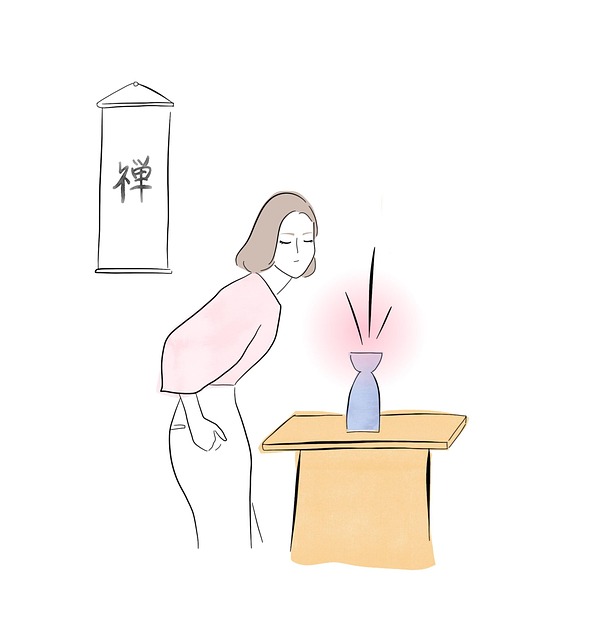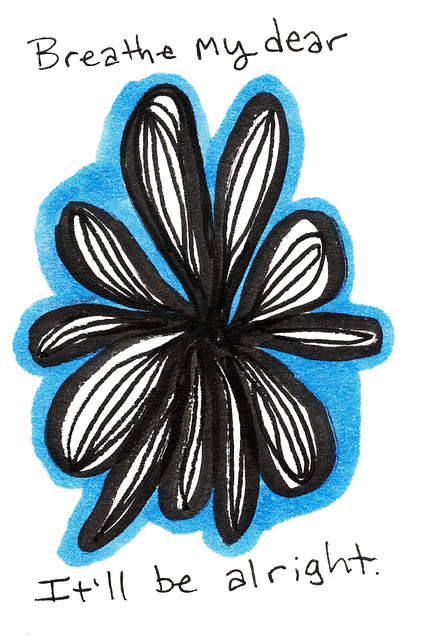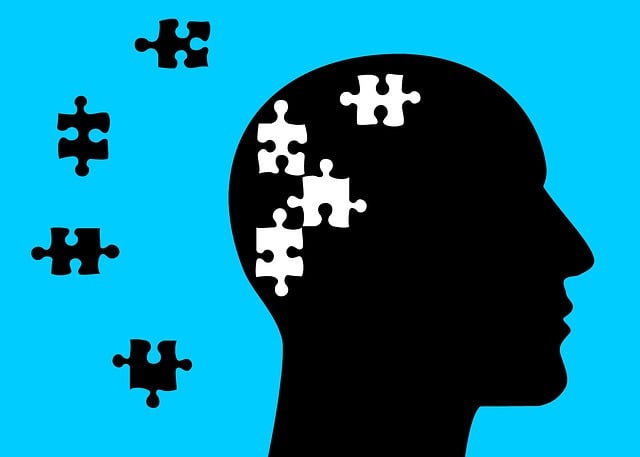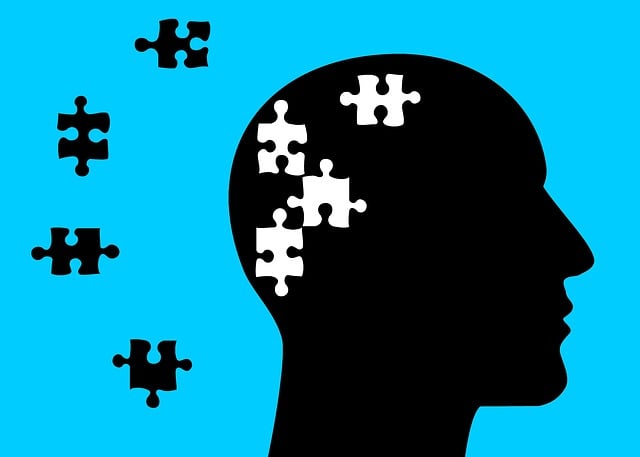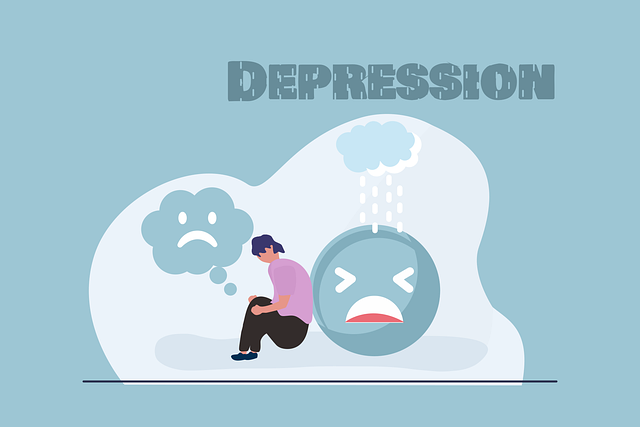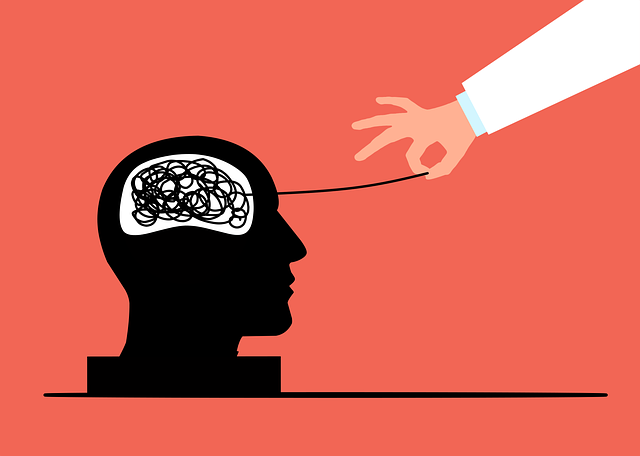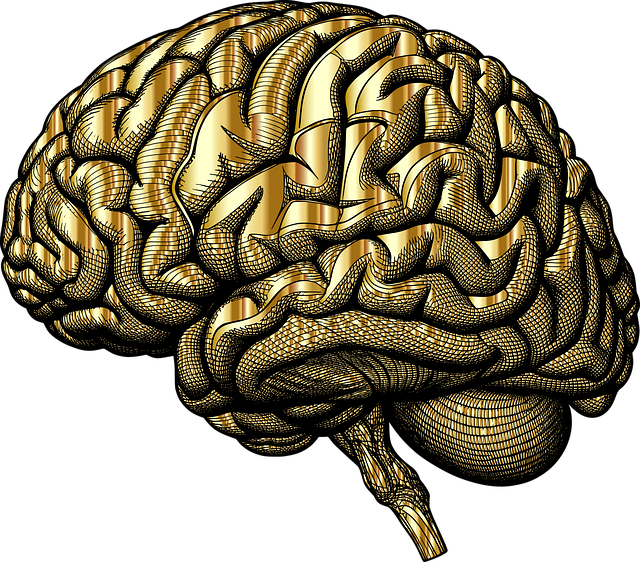Littleton Biofeedback Therapy offers a unique, effective approach to building resilience using RFM (Resources, Factors, Coping Mechanisms) analysis. By combining biofeedback technology with mindfulness meditation, it helps individuals manage stress, anxiety, and chronic pain, enhancing overall well-being. This non-invasive method, useful within Cultural Competency Training, equips medical professionals to improve mental health outcomes. Resilience exercises, integrated into daily routines through training and risk assessment, foster inner strength against stress and adversity, as supported by studies in Littleton Biofeedback Therapy.
Resilience is a critical component of overall well-being, enabling individuals to navigate life’s challenges with ease. The RFM (Restoration, Flexibility, and Mastery) model offers a structured approach to building this resilience. This article explores the role of RFM in fostering mental and physical resilience, with a particular focus on Littleton Biofeedback Therapy—a practical method for implementing these exercises. We’ll delve into strategies for integrating resilience-building techniques into daily life, ensuring long-term well-being.
- Understanding RFM and Its Role in Resilience Building
- Littleton Biofeedback Therapy: A Practical Approach
- Implementing Resilience Exercises for Long-Term Well-being
Understanding RFM and Its Role in Resilience Building

Resilience is a crucial asset for navigating life’s challenges and stresses, making it an essential focus in mental health support.
RFM, or Resources, Factors, and Coping Mechanisms, is a framework that helps individuals identify their strengths and strategies to build resilience. By understanding personal resources (internal and external supports), environmental factors (life circumstances and relationships), and coping mechanisms (behaviors used to manage stress), individuals can develop effective resilience-building exercises. For instance, those engaging in Littleton Biofeedback Therapy might use RFM analysis to uncover underlying causes of stress and learn tailored techniques for burnout prevention. This proactive approach equips individuals with tools for managing stressful situations, fostering a sense of control, and enhancing overall well-being, as highlighted in stress management workshops organized by various organizations and public awareness campaigns development initiatives.
Littleton Biofeedback Therapy: A Practical Approach

Littleton Biofeedback Therapy offers a practical and effective approach to resilience building exercises. By combining advanced biofeedback technology with Mind Over Matter principles, this method empowers individuals to take control of their physiological responses. Through regular sessions, users can learn to manage stress, anxiety, and even chronic pain, thereby enhancing overall well-being. The process involves mindfulness meditation techniques that allow individuals to observe and regulate their body’s reactions in real-time, fostering a deeper understanding of their mental and physical connections.
This innovative therapy is particularly beneficial for those seeking alternative healthcare solutions, especially within the context of Cultural Competency Training for healthcare providers. By incorporating Littleton Biofeedback Therapy into their practice, medical professionals can offer patients a non-invasive, gentle method to improve resilience and promote better mental health outcomes. Mindfulness meditation becomes an integral part of this journey, teaching individuals to be present, calm, and in control—essential skills for navigating life’s challenges.
Implementing Resilience Exercises for Long-Term Well-being

Implementing resilience exercises is a key strategy for promoting long-term well-being and mental health. These practices empower individuals to navigate life’s challenges with greater ease, fostering an inner strength that can buffer against stress and adversity. By integrating such exercises into daily routines, people can develop a deeper sense of control and resilience, which are essential for maintaining overall mental health, as highlighted by studies in the field of Littleton Biofeedback Therapy.
Resilience-building activities, often coupled with healthcare provider cultural competency training and risk assessment for mental health professionals, offer a holistic approach to well-being. They teach individuals effective coping mechanisms, emotional regulation strategies, and problem-solving skills. Moreover, these exercises can be tailored to individual needs and preferences, making them accessible and impactful. Crisis intervention guidance can also be incorporated, ensuring that people have the tools to manage potential mental health crises effectively.
In conclusion, integrating RFM and resilience building exercises, such as those offered by Littleton Biofeedback Therapy, is a powerful strategy for enhancing long-term well-being. By understanding the role of RFM in stress management and employing practical techniques, individuals can cultivate greater resilience to navigate life’s challenges effectively. These exercises not only provide short-term relief but also equip people with valuable tools to foster a more balanced and serene lifestyle.
